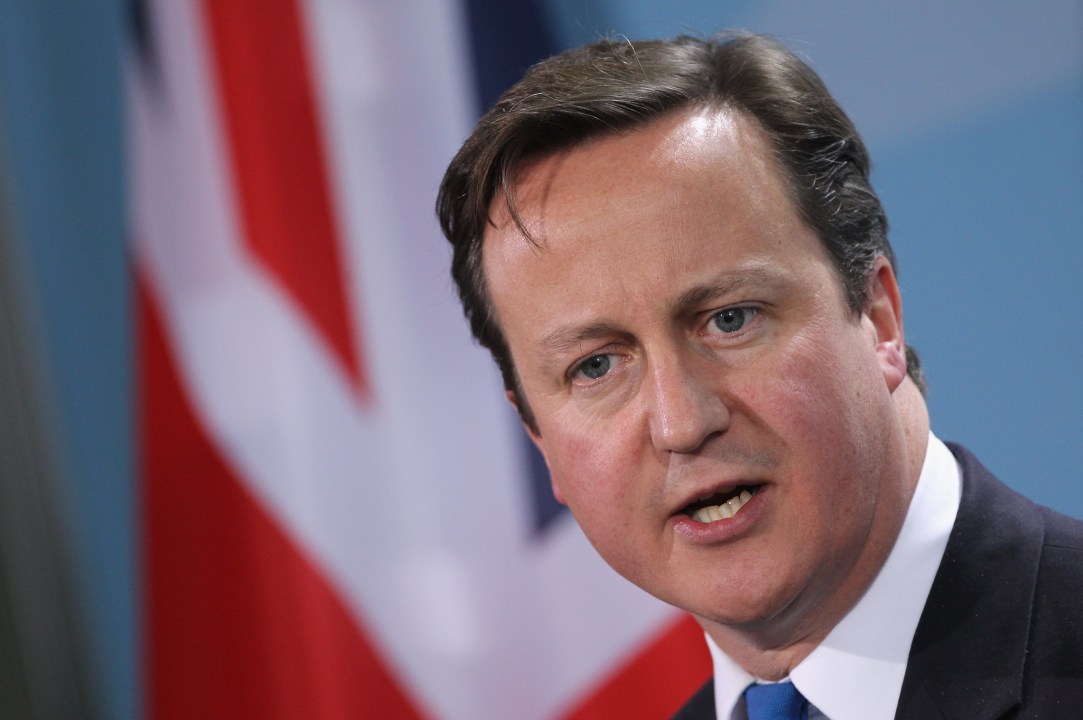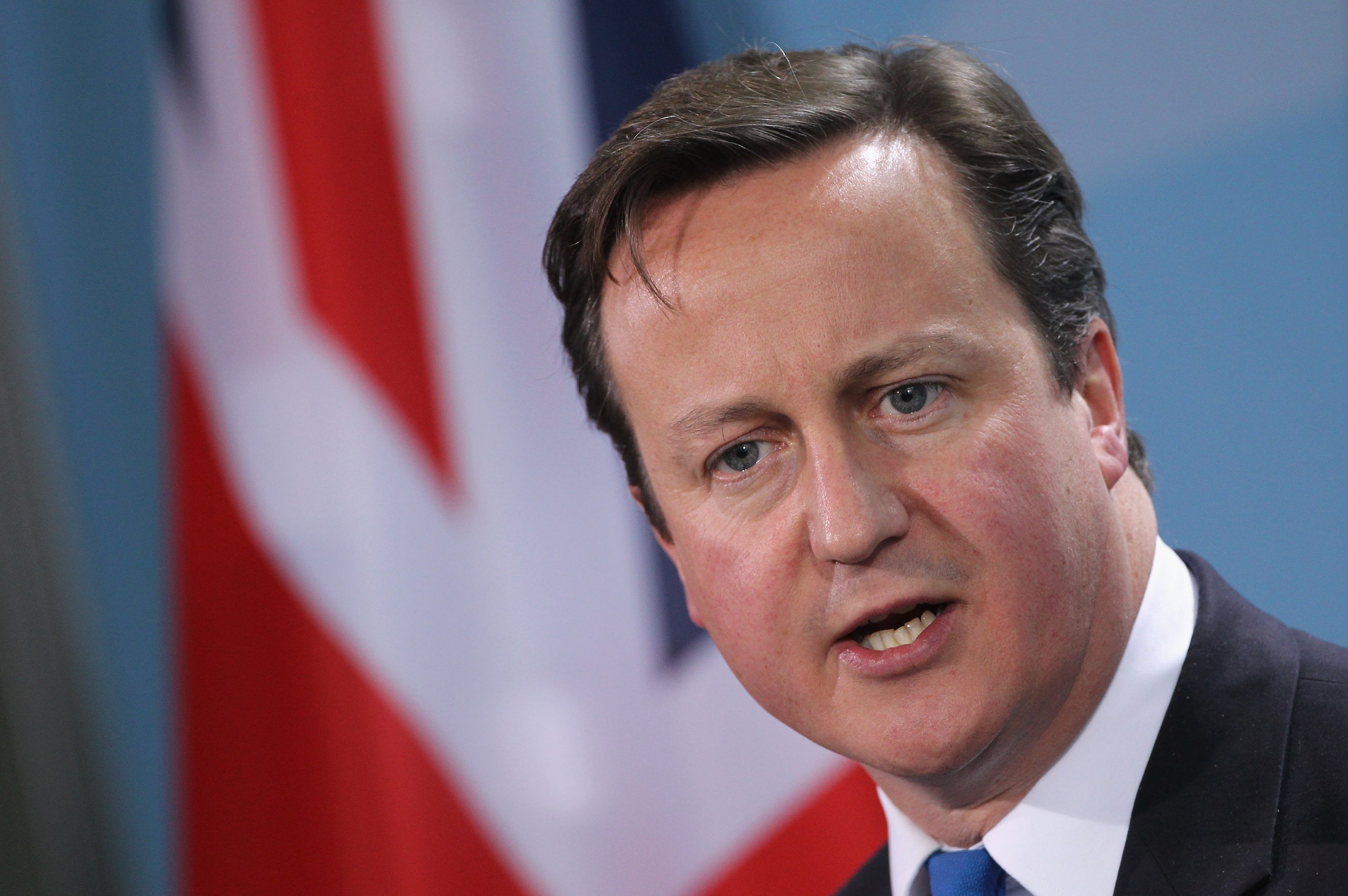 There’s just over a week to go until the crunch EU summit on 8-9 December, so David
Cameron has to decide how best to play his cards — and quick. The problem, as Daniel Korski has pointed out, is that Britain faces the risk of ‘structural
isolation’ in Europe in the short-term. To counter this, Cameron effectively has two options. First, work with allies on both sides of the euro divide to seek political assurances —
formal or informal — against the formation of a two-tier Europe with a more integrated eurozone in the driving seat. Or, second, press ahead with UK-specific carve-outs from the EU structure.
There’s just over a week to go until the crunch EU summit on 8-9 December, so David
Cameron has to decide how best to play his cards — and quick. The problem, as Daniel Korski has pointed out, is that Britain faces the risk of ‘structural
isolation’ in Europe in the short-term. To counter this, Cameron effectively has two options. First, work with allies on both sides of the euro divide to seek political assurances —
formal or informal — against the formation of a two-tier Europe with a more integrated eurozone in the driving seat. Or, second, press ahead with UK-specific carve-outs from the EU structure.
The former would be supported by euro ‘ins’ (including Germany, to a certain extent) and ‘outs’ alike, but essentially involves seeking to lock in the status quo — which may prove futile given the rapidly worsening euro crisis abroad, as well as public opinion at home. The latter would be more in line with events and public opinion, but faces strong opposition from even natural allies such as Sweden, who want London’s help to keep the EU-27 intact.
To date, Cameron has been notably inconsistent. He has stated that his over-arching aim is to safeguard the single market, while simultaneously seeking to explore UK-specific assurances over intrusive EU financial rules — which, by definition, would fragment the single market (his lecturing of the eurozone has also been thoroughly unhelpful). Clearly, he needs to be smarter than this moving forward.
So should Cameron use his veto over EU treaty changes to ask for something in return? And if so, what?
As has been widely pointed out, if Cameron asks for too much in return for Britain’s agreement to EU treaty change, Germany could push for a treaty involving only the 17 members of the currency area, stripping Britain of its veto. It’s a bit more complicated than this, however. Berlin has three broad options for beefing up the budget rules in the eurozone (which we discuss in greater detail here): a treaty for all 27 member states, requiring a UK signature; a eurozone-only treaty (possibly with some others such as Poland); or a Pruem-style treaty involving a limited number of countries. At the moment, all of them are possibilities.
However, the level of ordnungspolitik that the Germans want will be very difficult to achieve outside the existing EU-wide architecture. Giving the European Court of Justice final say over EU budget rules and introducing automatic sanctions for states that break the rules — which the Germans are very keen on to avoid history repeating itself — really does require a treaty change among the EU-27. Berlin knows full well that arrangements outside the EU treaties tend to be awkward and subject to political wrangling; exactly what its wants to avoid moving forward. And though it may opt for a temporary, inter-governmental solution to kick start the process, I suspect that, sooner or later, Germany will want to anchor stronger budget rules in the EU treaties. Cameron may therefore have more leverage over a treaty change than he thinks.
What, then, should Cameron ask for? Guarantees around the Working Time Directive would be virtually pointless, as this law is subject to qualified majority voting among EU ministers and co-decision with MEPs — and therefore out of both Merkel’s and Cameron’s hands. Repatriating EU employment law in any meaningful way would also be difficult through the ‘limited’ treaty change that Germany is pushing for.
Rather, as the eurozone crisis continues to give rise to misdirected financial laws, an ‘emergency brake’ to insulate the City of London from growth-damaging intrusions should clearly be a priority. Open Europe will set out how this could work in practice in a report to be published next week.
Though not always easy to love, financial services alone accounted for 10 per cent of the UK’s GDP last year, in addition to contributing a £35 billion trade surplus (and, remember, Britain doesn’t generally do surpluses). In comparison, fishing and agriculture — both governed by disastrous EU polices — together accounted for only 0.7 per cent of UK GDP. Both must be reformed, but in terms of economic priorities, a UK veto over financial services would not be ‘a hill of beans’, as Jeremy Warner incorrectly suggested in the Telegraph last week, but a significant and meaningful achievement.
Mats Persson in director of Open Europe.







Comments